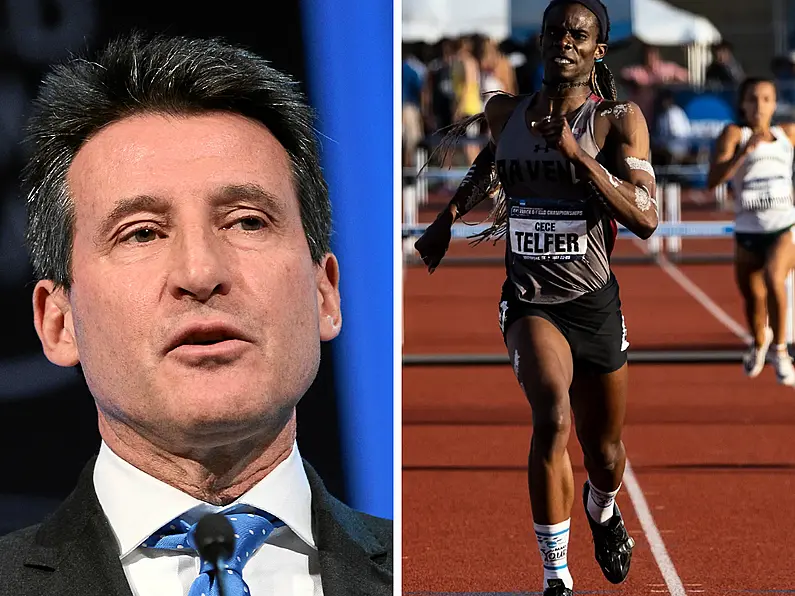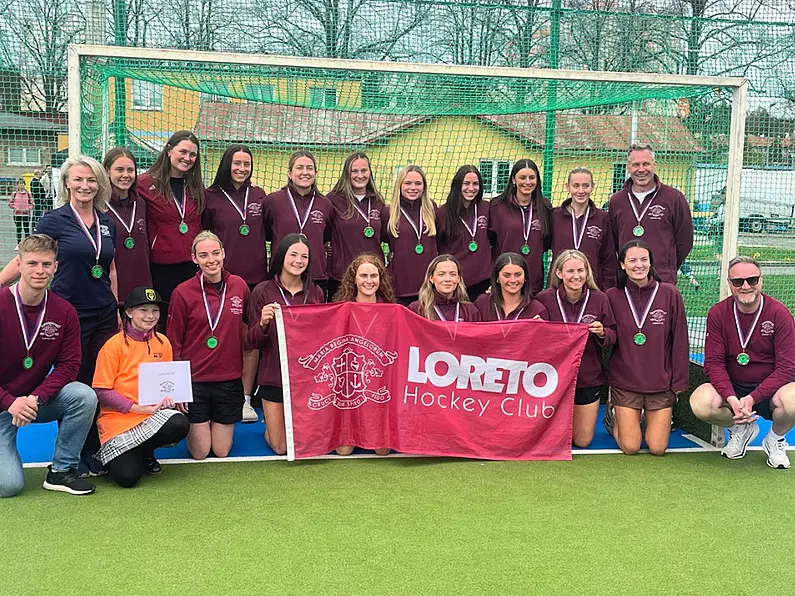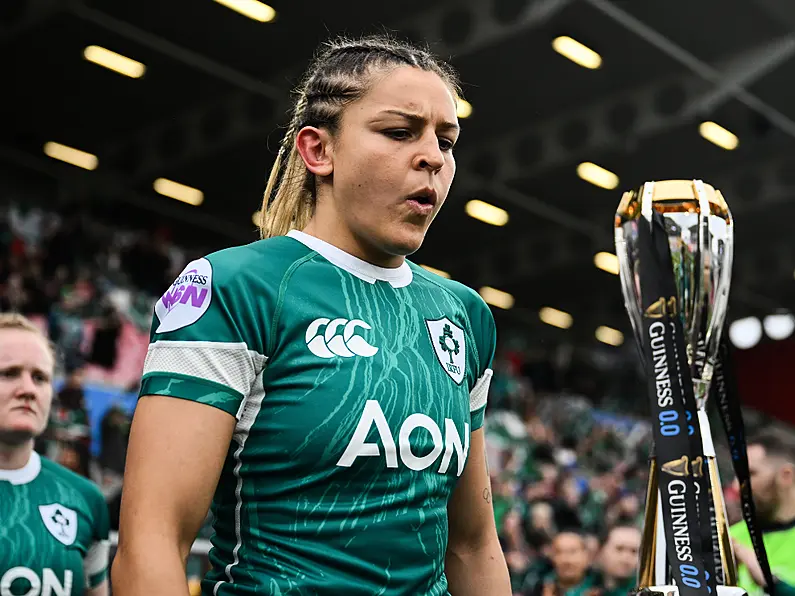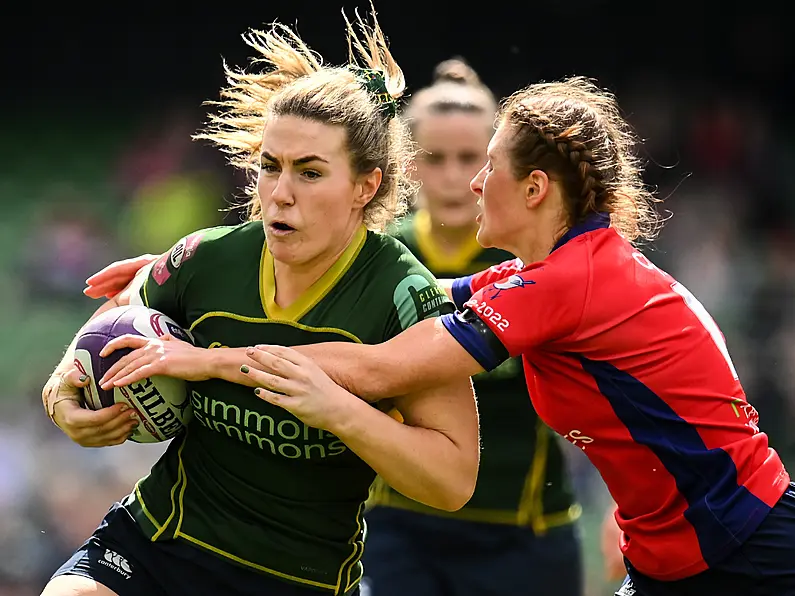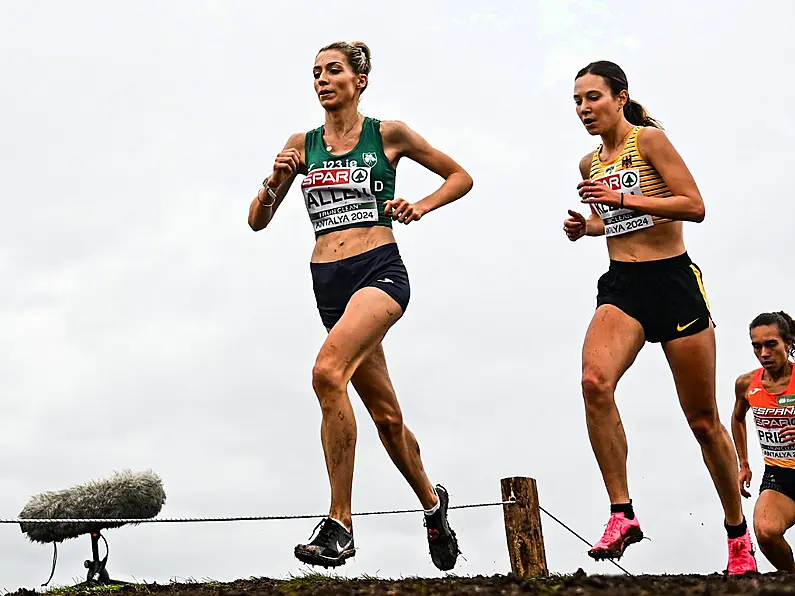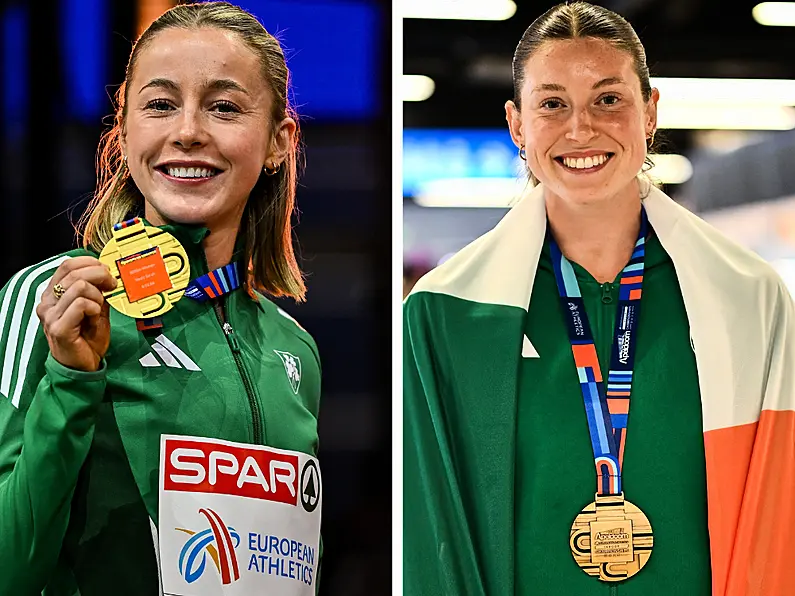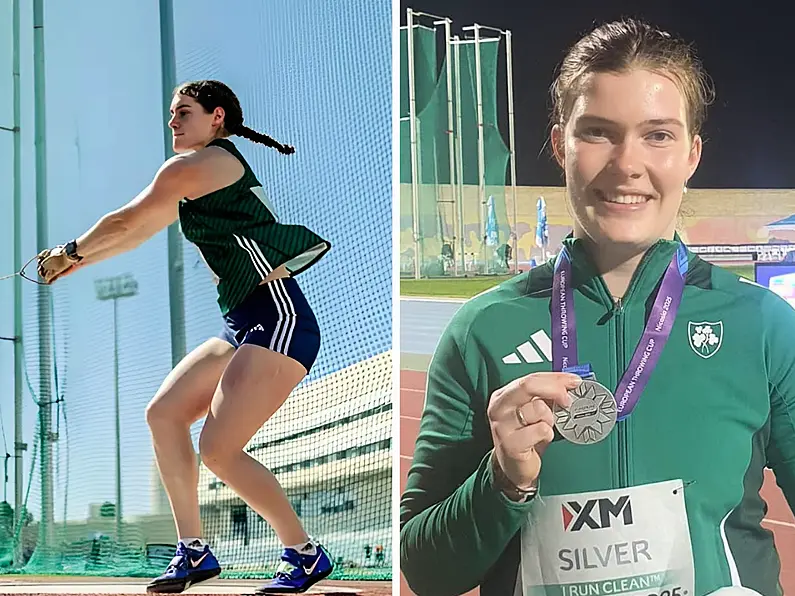World Athletics, the governing body of track and field, has announced a decision to exclude transgender women who have gone through male puberty from female events. The decision was made by the World Athletics Council following a vote. The announcement was made by World Athletics president Sebastian Coe, a former Olympic champion and politician.
More Seb Coe: "The decision that the council made is a primarily principled based decision about the over-arching need to protect the female category. This is what our sport is here to do. And I think the council has done that today."
— Sean Ingle (@seaningle) March 23, 2023
The World Athletics Council announced that the ban was necessary to protect the’ integrity and fairness of women's sport’, as well as the ‘safety’ of female athletes. The ban will take effect from 31 March 2023 and will apply to all world ranking competitions, including the World Championships and the Olympic Games.
The council also said that it was following the latest scientific evidence on the effects of testosterone on athletic performance. Testosterone is a hormone that affects muscle mass, strength, bone density and oxygen uptake. According to World Athletics, male-to-female transgender athletes who have been through male puberty have a significant advantage over female athletes, even after taking hormone therapy to lower their testosterone levels.
The council cited a study by sports scientist Joanna Harper, who is transgender herself, that found that transgender women who underwent hormone therapy for one year still retained an average of 12% more muscle mass than cisgender women (those whose gender identity matches their sex assigned at birth). The council also referred to another study by sports scientist Ross Tucker, who argued that transgender women have an unfair advantage of up to 30% over cisgender women in some events.
The decision by World Athletics has sparked a heated debate among athletes, coaches, scientists, activists and politicians. Some have welcomed the ban as a necessary measure to ensure a level playing field for female athletes and to prevent potential injuries caused by physical mismatches. They have also pointed out that transgender women are still allowed to compete in other sports that have different eligibility criteria, such as cycling or weightlifting.
Others have criticized the ban as discriminatory, exclusionary and based on flawed science. They have argued that transgender women are women and should be allowed to compete in accordance with their gender identity. They have also challenged the validity and relevance of the studies used by World Athletics, saying that they do not reflect the diversity and complexity of transgender athletes' experiences and outcomes. They have also claimed that the ban violates human rights and international sporting principles.
The debate over transgender athletes is not new, but it has intensified in recent years as more transgender athletes have come out and participated in sports at various levels. In 2015, the International Olympic Committee (IOC) issued new guidelines that allowed transgender athletes to compete in the Olympics without undergoing surgery, as long as they maintained their testosterone levels below 10 nanomoles per liter (nmol/L) for at least 12 months before competition. However, these guidelines were not binding for individual sports federations, which could set their own rules.
In 2019, World Athletics introduced new regulations that lowered the testosterone limit for female events from 10 nmol/L to 5 nmol/L and required transgender women to meet this threshold for at least six months before competition. These regulations were challenged by South African runner Caster Semenya, who has a rare genetic condition that causes her to produce high levels of testosterone naturally. Semenya lost her appeal at the Court of Arbitration for Sport (CAS) and was effectively barred from defending her Olympic title in Tokyo.
The latest decision by World Athletics goes even further than its previous regulations, as it does not allow any exceptions or exemptions for transgender women who have been through male puberty. The council said that it was unsure about the impact of allowing transgender women with testosterone levels below 5 nmol/L to compete in female events across all disciplines. The council also said that it was open to reviewing its decision in light of new scientific evidence or legal developments.
The decision by World Athletics has also coincided with another controversial announcement by Coe regarding Russia's reinstatement into international athletics. Coe said that the council had agreed to lift Russia's seven-year suspension from World Athletics after it complied with all the conditions set by the federation following its state-sponsored doping scandal. However, Coe added that Russian athletes, coaches and officials would remain banned from participating in athletics due to Russia's invasion of Ukraine.
